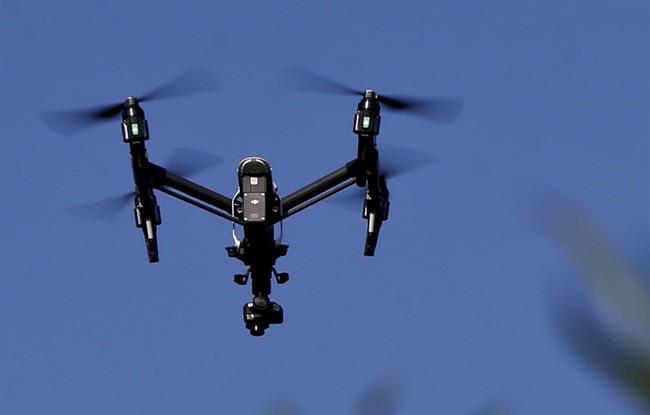Ukraine Strikes Russian Oil Terminal Amid Rising Tensions
Uncover the growing conflict between Ukraine and Russia as Kyiv targets vital energy infrastructures in Russia in the wake of escalating drone assaults, sparking concerns globally.
Published December 16, 2024 - 00:12am

Image recovered from arabnews.com
The ongoing conflict between Ukraine and Russia has escalated significantly as Ukrainian forces have launched a strategic strike on a major oil terminal in Russia's Oryol region. According to reports from Kyiv, the attack targeted the oil depot at Stalnoi Kon, an integral component of Russia's military infrastructure, located approximately 165 kilometers from the Ukrainian border. This strike comes as a retaliation against Moscow's continuous bombardments that have severely affected Ukraine's energy generation capabilities, plunging many regions into blackout conditions.
The oil terminal, described as one of the largest in the area, forms part of a military industrial complex supplying the Russian army. Ukrainian authorities claim this operation is aimed at disrupting the supply chain vital to Russian military efforts. The blaze caused by the drone attack was fierce, forcing Oryol's governor, Andrei Klychkov, to advise residents to remain indoors with windows sealed as firefighters worked tirelessly to contain the flames.
Governor Klychkov reassured the public, stating that there were no casualties from this escalation. However, air defenses were reportedly overwhelmed, with the local media highlighting footage showing extensive damage and smoke spiraling into the sky. The attack significantly affected the operations of Transneft-Druzhba, the entity managing the pipeline delivering oil across much of Central Europe.
Meanwhile, in another related incident, a drone assault in Russia's Belgorod region resulted in the tragic death of a nine-year-old boy, highlighting the increasingly volatile humanitarian impact of the conflict. These incidents underscore the worrying reality of the war's intensity spreading deeper into Russian territory, forcing both military and civilian communities into a state of heightened alert.
The Russian government attributes these Ukrainian responses to a series of devastating Russian attacks targeting Ukraine's critical infrastructure. Recent nights have seen Russia deploying a fleet of drones as part of a larger strategy to exert military pressure on Ukraine, disrupting daily life and straining Ukraine's military resources. Such relentless assaults have devastated much of Ukraine's energy grid, with President Volodymyr Zelensky accusing Russia of using these attacks to terrorize and demoralize the Ukrainian population.
Concurrently, international political dynamics add another layer of complexity to the conflict. The Russian alliance with North Korea has drawn international scrutiny, with allegations from both Washington and Seoul accusing Pyongyang of dispatching thousands of troops to aid Russia militarily. This involvement raises concerns about the extent and future trajectory of military alliances contributing to the war's unfolding.
The global ramifications of the Ukraine-Russia conflict stretch beyond the battlefield. The damage to energy infrastructures, crucial for regional stability, highlights the potential long-term economic and environmental impacts of this war. Countries within Europe relying on Russian energy supplies are already feeling the ripple effects of these disruptions, urging more comprehensive and sustainable solutions to energy security.
As the conflict progresses, the international community remains divided. Allies of Ukraine continue to provide necessary military intelligence and equipment, aiming to bolster Ukraine's defensive capabilities. Meanwhile, discussions about new strategic sanctions against Russia are ongoing, with hopes of curtailing its military advances. However, there's ongoing debate about the implications of intensified sanctions on global economies, especially during periods of economic strain.
This situation also reflects broader geopolitical tensions, raising questions about the role of international diplomacy and conflict resolution in regions marked by historical divides. With a new political chapter emerging with changes in the U.S. administration, uncertainties linger regarding future strategies on military aid and diplomatic interventions aimed at resolving this protracted conflict.
As these events unfold, they remind the world of the precarious balancing act between military strategy and diplomatic dialogue, one that demands urgent attention from policymakers and international governing bodies. The humanitarian tragedy underlying these geopolitical maneuvers urges a recommitment to peace dialogues, with aims towards sustainable and peaceful resolutions.







